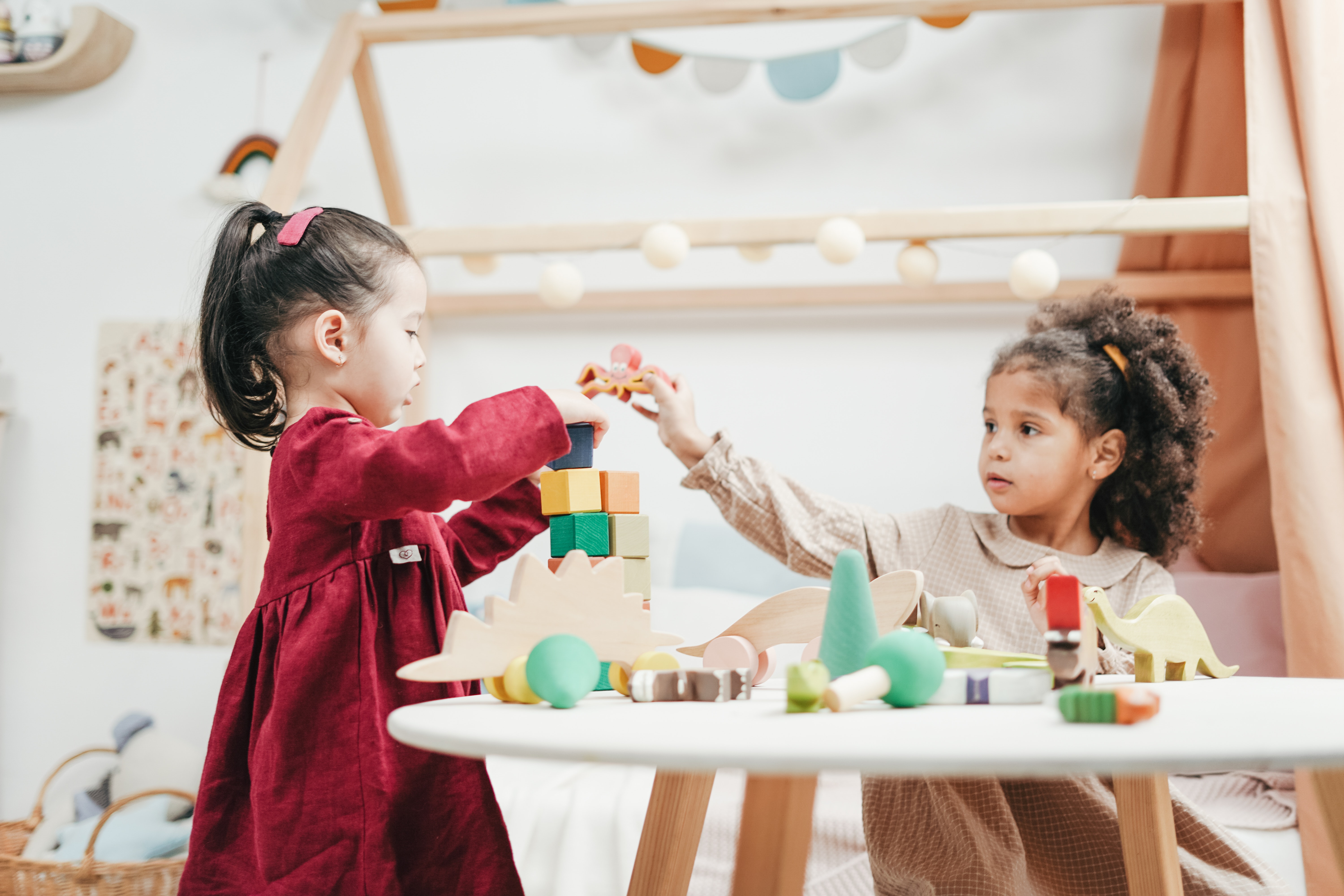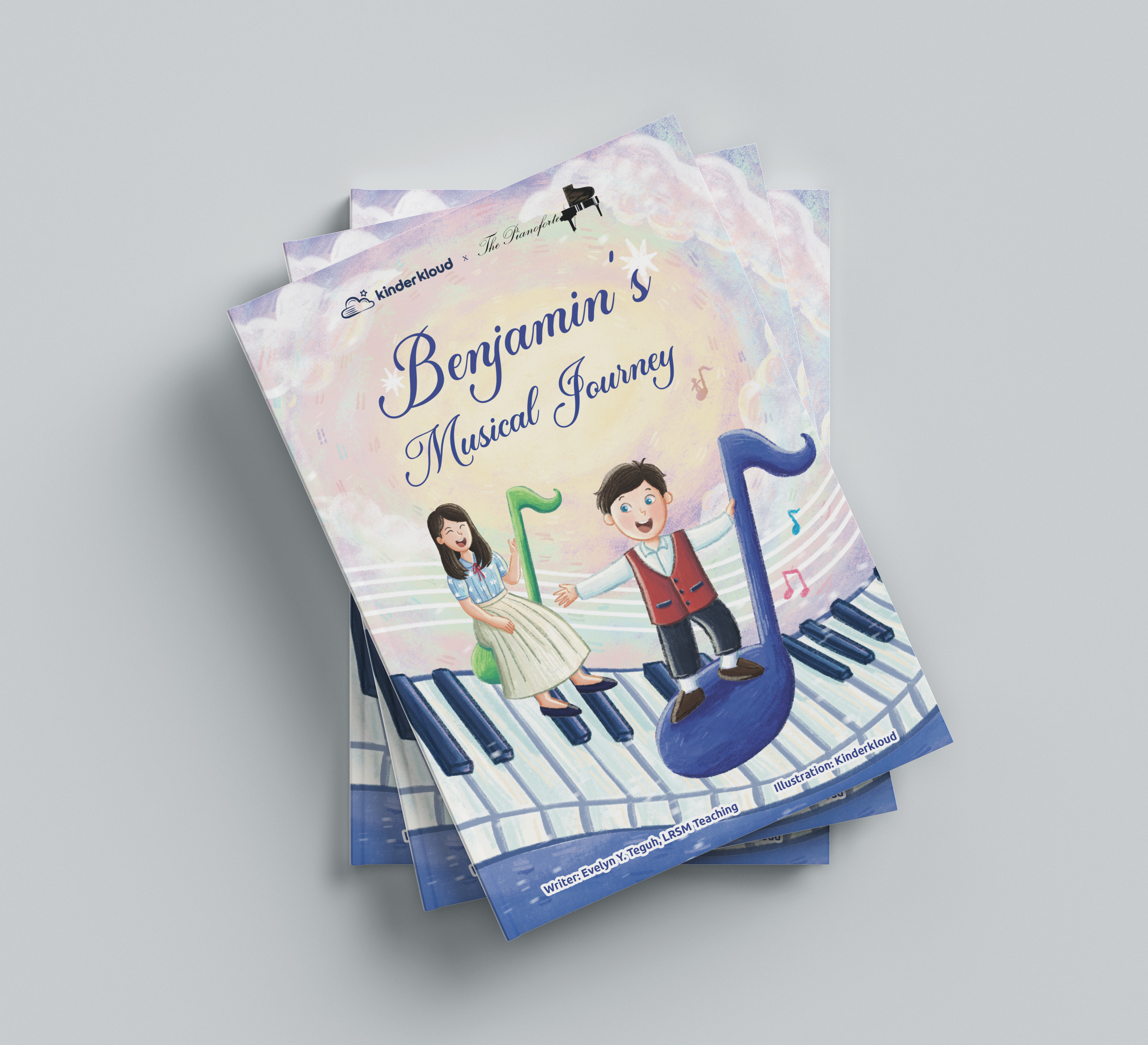Improving Social Skills in Children with Autism

Social skills are very important for children with autism as it will help them build and maintain relationships with family and friends. Social skills can include the ability to take turns and share toys with other children, start and maintain conversations, and have good emotional regulations. It is also about understanding others’ feelings as well as being able to handle conflicts and make decisions. Having good social skills will improve their ability to act appropriately in different social situations.
Children with autism, however, are struggling to engage in social interactions appropriately which hinders their ability to create positive relationships with their peers or family members. On the other hand, children with autism have a deep interest in interacting with others, but they might be overwhelmed by the process. Therefore, they need help from caregivers to improve their social skills.
Below are several ways parents can do to enhance children’s social skills:
1. Playing Games
Playing games is a great activity to practice social skills at home, even as simple as playing catch will help children to connect and pay attention to the other people around them. Parents can also invite them to play games that involve rules and taking turns, such as the Snakes & Ladders or card games like UNO.
2. Social stories
Reading books or storytellings which emphasize on positive social interactions can help children with autism to learn expected behaviors in social situations. For example, parents can tell a story about a child going to the park and meet with some friends. In the story, it is better to specify how the character interacts appropriately with other people, like how to greet other people, asking to play, or initiate a conversation.
3. Visual supports
Visual supports can include pictures, words, or checklists to give clues to your child about what they are expected to do in certain situations. For instance, while having a playdate, a checklist can be helpful to remind your child on how to greet their friend nicely, like walk over to the person, look at them, say their name, and wait for them to respond.
4. Modeling
Children learn a lot from their surroundings, so it is important to set a good example when you are having a social interaction. This can include saying “Hi” to your friends while meeting them, looking at the person you are talking to, waiting for others to finish talking, and how to compromise when conflict arises.
5. Practice
Encourage your child to expand their social bubble by arranging playdates or taking your child to social events in your neighborhood. This will be beneficial for your child to practice their social skills as they get to meet more people.
6. Praise
Don’t forget to give plenty of praise and appreciate your child’s efforts for engaging in a social interaction in a positive way. For example, you can praise them when they walk over to their friends and say “Hi” or when they try to invite a friend to play and share toys with them. This will help your child understand what behavior is appropriate and expected in social situations.
References:
5 ways to help a child with autism learn social skills. (2020, July 27). Cleveland Clinic. Retrieved May 8, 2023 from https://health.clevelandclinic.org/5-ways-to-help-a-child-with-autism-learn-social-skills/
Autism and social skills development. (2018, September 2). Autism Speaks. Retrieved May 8, 2023 from https://www.autismspeaks.org/tool-kit-excerpt/autism-and-social-skills-development
Leaf, R. & McEachin, J. (1999). A work in progress. New York: Different Roads to Learning
Social skills for autistic children. (2021, May 19). Raising Children Network Australia. Retrieved May 8, 2023 from https://raisingchildren.net.au/autism/communicating-relationships/connecting/social-skills-for-children-with-asd
By: Salma Safira Sukma Ikhsani, S.Psi. from BehaviorPALS
social skills, children, autism spectrum disorder
Special Needs / Berkebutuhan Khusus / Social Development / Tumbuh Kembang Sosial / Education / Pendidikan / Improving Social Skills in Children with Autism
Comments















